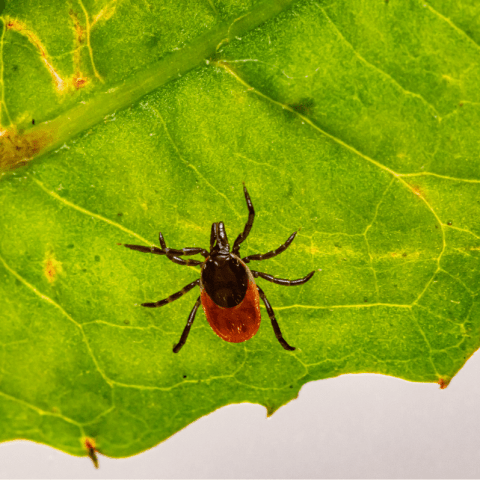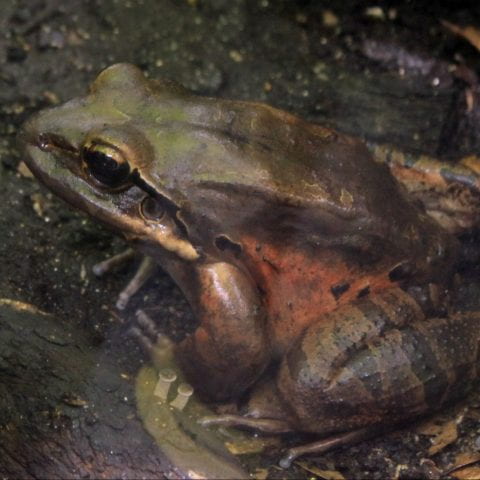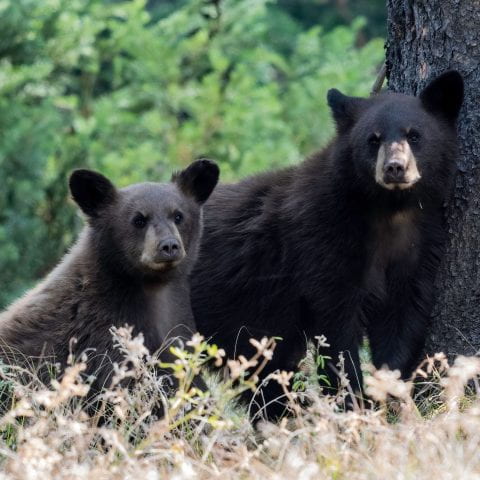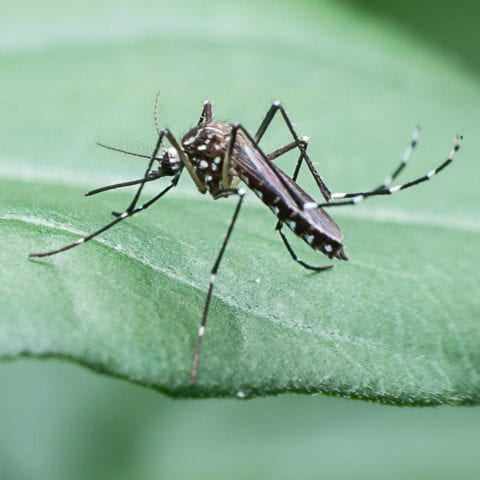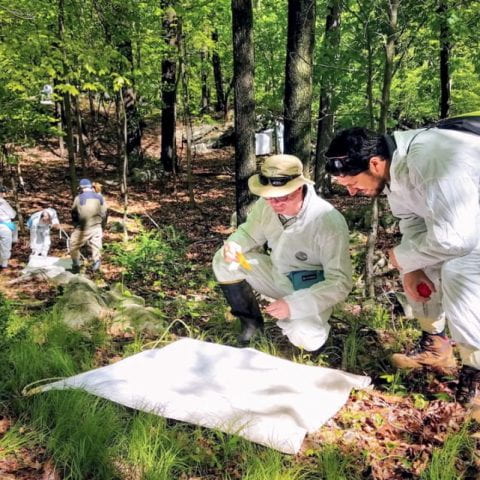Infectious Disease Epidemiology
While most bugs die in the winter, ticks are relatively impervious to the freezing temperatures — and as the climate warms, they are becoming increasingly active in winter months, experts warn The pestiferous little bloodsuckers just hunker down on cold days and...
Growing up in Ghana, Osei Kwadwo Boateng experienced disparities in rural healthcare infrastructure firsthand “Someone living in a rural area might walk ten miles or more to a city, just hoping to see a doctor,” he explains After losing his grandmother—which he...
In reaction to the COVID pandemic, faculty of the Cornell’s Public Health Program developed an innovative online training program to help close skills gaps in the public health workforce Fifteen months and 521 participants later, the program has proven a huge...
Better education for cat owners, more communication from veterinarians, increased drug choices and cheaper, rapid diagnostic tools can help improve antimicrobial use in cats, which has important implications for rising antimicrobial resistance in animals and humans,...
When two dogs imported to Canada from Iran on separate occasions in 2021 developed deadly canine rabies, alarm bells rang loudly for public health officials They scrambled to trace dozens of people who may have been in contact with the animals' saliva to give...
The mountain chicken frog was once so abundant in Dominica, with thousands found across the island, that it became a national delicacy, supposedly tasting of chicken Now, a new survey has found only 21 left in the Caribbean island nation The species’ population has...
Chronic wasting disease — which affects deer, elk and moose — continues to spread throughout the Great Plains and Midwest Just this year, authorities in western Oklahoma detected the state’s first case in a free-ranging deer After about 40 years of...
In September 2020, an American black bear cub was treated in the Janet L Swanson Wildlife Hospital after being hit a car Six days later, the cub was sent to a rehabilitation center and then released to the wild This could have been the end of the story, except that...
Cyprus is home to 1 million or so free-roaming cats that wander its streets, parks, and even luxury resorts They are about as numerous as people So when a deadly cat outbreak began sweeping across the Mediterranean island this year, the humans quickly noticed...
At this point in the year, we’re all quite familiar with the sounds of summer: the breeze through the trees, the birdsong, the chatter of children playing outside – and the persistent buzz of a...
To help respond to emerging and established vector-borne threats, the Northeast Regional Center for Excellence in Vector-Borne Diseases (NEVBD), led by Cornell, has received a five-year, $87 million award from the Centers for Disease Control and Prevention (CDC) to...
Last month, Cornell's Biomedical & Biological Sciences Program held its annual symposium where students, faculty, and staff from the College of Veterinary Medicine attended sessions, a keynote, and poster session throughout the day MPH Student Alyssa Morse,...

